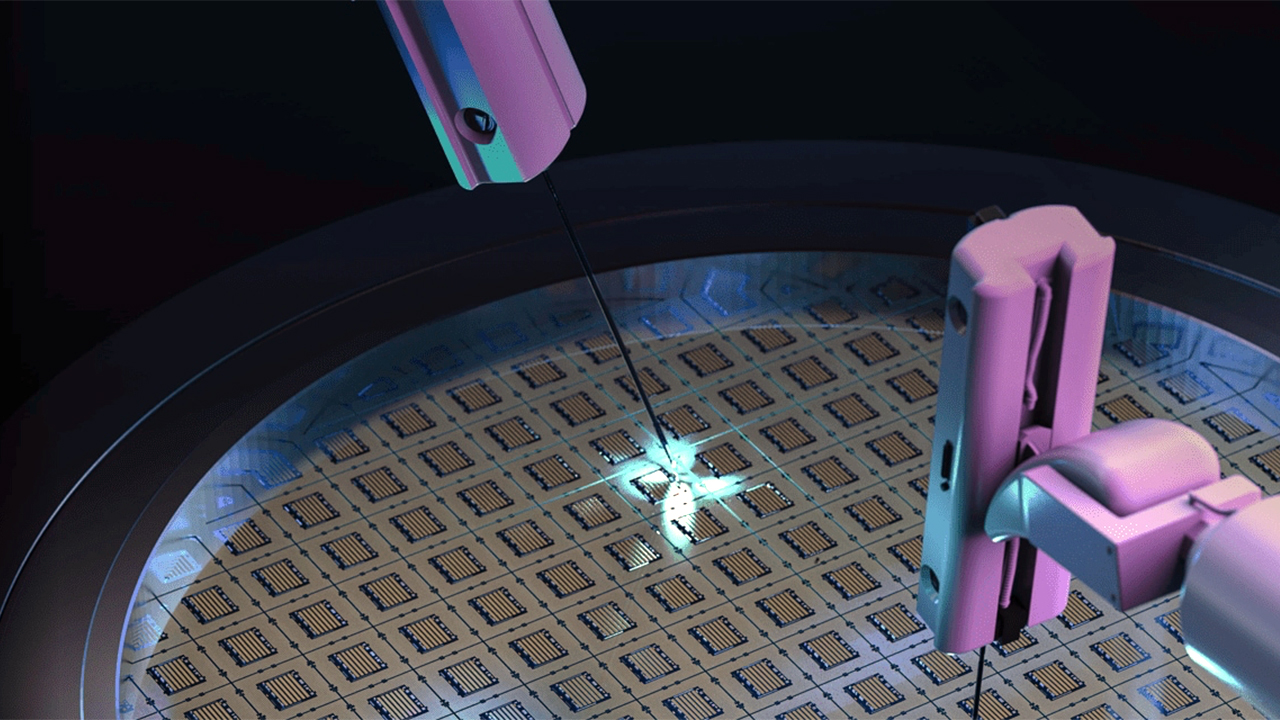Taiwan has accused several Chinese semiconductor companies of illegally recruiting its engineers and stealing proprietary technologies as part of its efforts to boost its semiconductor production capabilities. A recent investigation identified eight Chinese firms, including Naura Technology, as violators of Taiwanese law, reportsBloomberg.
According to Taiwan’s top intelligence and investigative agency, Naura Technology, a maker of etching and chemical vapor deposition toolstrying to make its lithography tools, unlawfully hired engineers to develop chipmaking tools in Taiwan. The report does not disclose whether it hired etching or lithography specialists. Still, this recruitment is seen as part of a broader effort by Chinese companies to gain a competitive edge in the semiconductor industry by poaching experienced engineers from Taiwanese companies.

Naura has responded to these allegations by denying any wrongdoing, stating that its operations in Taiwan comply with all local laws and regulations. The company emphasized that its presence in Taiwan was established by legal requirements and denied involvement in poaching talent.
It is not the first time Taiwanese authorities and companies have accused Chinese entities of poaching experienced engineers. Back then, China-based chipmakers like SMIC, HSMC, and QXIC wouldhire people from TSMC and UMCto develop advanced process technologies. Other examples of Chinese poaching talent from Taiwan include the hiring of electronic design automation (EDA) toolsby Huawei and SMIC. Another way to get experienced workers is toset up operations in Taiwanwithout following regulations and then hide Chinese ownership by making these entities look like local and foreign companies.

Earlier this year, Taiwan’s ambassador to the U.S. accused China of trying to compete with Taiwan’s semiconductor industry through unethical practices, including intellectual property theft. China’s ambassador to the U.S. has denied these accusations, asserting that Chinese companies have not done anything wrong.
It is not exactly true. Semiconductor Manufacturing International Corp. (SMIC), China’s leading chipmaker, was found guilty of stealing TSMC’s fabrication processes twice in the early 2000s. However, advanced FinFET technologies are now so complex that stealing them is nearly impossible today. Nonetheless, UMC wasfound guiltyof stealing a DRAM process technology from Micron, so Taiwan companies and authorities probably have reasons to worry about.
Get Tom’s Hardware’s best news and in-depth reviews, straight to your inbox.
Anton Shilov is a contributing writer at Tom’s Hardware. Over the past couple of decades, he has covered everything from CPUs and GPUs to supercomputers and from modern process technologies and latest fab tools to high-tech industry trends.